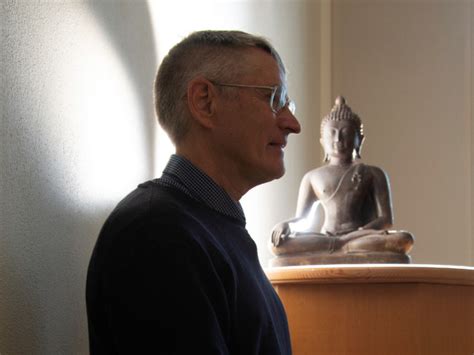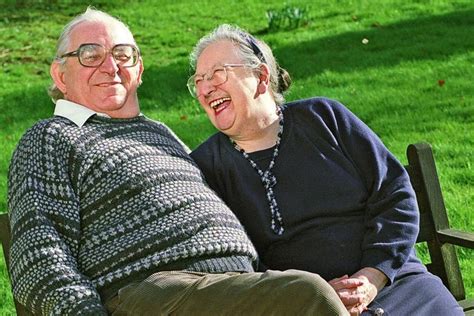A Quote by Jean-Paul Sartre
We are possessed by the things we possess. When I like an object, I always give it to someone. It isn't generosity-it's only because I want others to be enslaved by objects, not me.
Related Quotes
I like poor materials. I couldn't see myself making a bronze sculpture - it's not me. I like neon, because it's moving constantly and like drawing. The chemicals going through the neon turns me on really - it's sexy. I like fabrics, but one of the main things with objects is that I really have to love them before I can use them. I have to have the object around me a long time. The little chairs I used in my last White Cube show are ones that my dad bought for me. A sort of a psychometry with objects and things. It's like the pieces I've made are my things.
I can only speak for myself but for me imagination and invention cannot generate something more important, more beautiful and more terrifying than the common object, amplified by the attention that we give it. An object alone, in front of me who is alone, exactly in front of me just as I would like to have in front of me someone who really interests me, in a good light to better observe it.
Generosity is not limited to the giving of material things. We can be generous with our kindness and receptivity. Generosity can mean the simple giving of a smile or extending ourselves to really listen to a friend. Paradoxically, even being willing to receive the generosity of others can be a form of generosity.
I think Robert Altman could see things in me that I didn't know I possessed, which is really exciting. He also instilled a tremendous amount of confidence, because he would say things like, "These are the bare bones, but I want you to go fill it out. You find the character. You bring it to me. You write whatever you want." And if you had an idea, he wouldn't want to hear about it. He's want you to show it to him.
To actually be possessed or possess someone in a way that is unimaginable when you're a young person struggling about your body and whether anybody would ever want you, that's a huge world and that doesn't shift because you're fifty; it doesn't shift because you're 80. It's a vision of the possibility of claiming the right to dream and imagine an impossible place that you were never allowed to go, but you want the world to have as a possibility in the future.
When objects are presented within the context of art (and until recently objects always have been used) they are as eligible for aesthetic consideration as are any objects in the world, and an aesthetic consideration of an object existing in the realm of art means that the object's existence or functioning in an art context is irrelevant to the aesthetic judgment.
I am messaging you to say that I love you, and that you're completely wrong about me thinking you're stupid. I always thought you could teach me things. I was always waiting. You're not like the others. You say things that no one expects you to. You think you're stupid. You want to be stupid. But you're someone people could learn from.






































